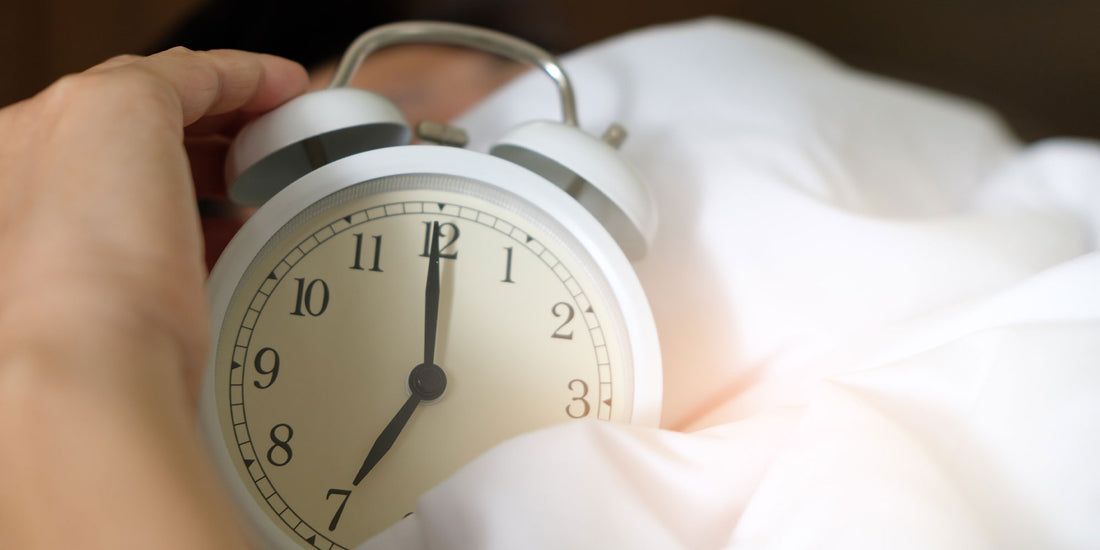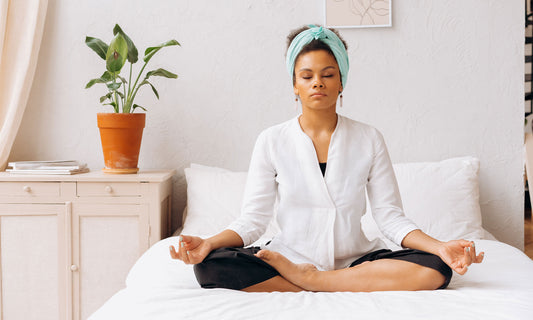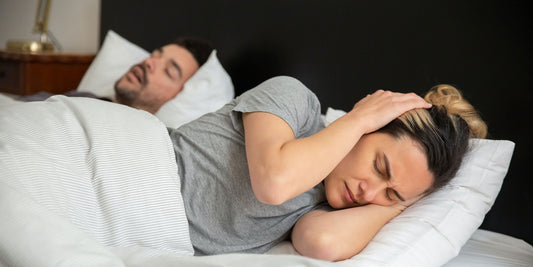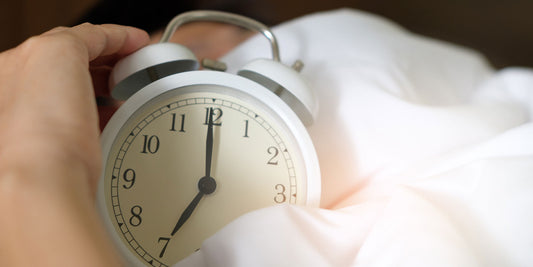Sleep. We all need it (and probably more than we think we do). However, 48% of UK adults admit they don’t get the right amount of sleep.
A sleep study conducted by Aviva uncovered that in the UK as many as 16 million adults are suffering from sleepless nights as 31% say they have insomnia, 67% say they suffer from disrupted sleep and nearly a quarter (23%) manage no more than five hours a night.
Not getting enough sleep doesn’t just mean you feel crankier in a morning, there are some not so obvious signs because of sleep deprivation. Here are the main signs to look out for:
- You are moody and irritable
- You are drinking more caffeine
- You gain weight
- Your skin is breaking out
- Your memory and focus are limited
- You crave fatty foods
- You have poor balance
Getting less of the zzz’s won’t just give dark circles under your eyes but can potentially lead to some quite serious health issues. People who are consistently getting less than six hours of sleep are at a higher risk of heart disease and other conditions such as diabetes and obesity.
How much sleep do we need?
Typically, getting around 7-9 hours of sleep each night is the most basic form of sleep deprivation treatment for most adults. Now, this is often easier said than done. Especially for those who haven’t been getting enough sleep for several weeks or even longer.
However, the good news is that in a lot of cases some simple changes to your night-time routine can lead to you getting more sleep.
Here are some ways to keep on track with a healthy sleep schedule:
- Limit day-time napping (or avoid it altogether)
- Avoid caffeine at least a few hours before bedtime
- Try going to bed at the same time each night
- Wake up at the same time each morning
- Keep to your bed time routine over the weekend and holidays
- Relax for an hour before bed doing light activities such as reading or taking a bath
- Avoid eating heavy meals within a few hours before bed
- Refrain from using phones or tablets etc right before bed
- Participate in regular exercise (but not close to bed time)
- Reduce alcohol intake
In some instances where you do not see an improvement in your sleep schedule it may be worth seeking advice from a doctor or sleep specialist, who can (if needed) diagnose and treat a sleep disorder.
At Hugel we know how important sleep is to our bodies and minds, that's why we fully understand our customers needs and preferences when it comes to finding their perfect bed. Zero gravity and Anti-snoring Technology are just a few of the features our adjustable beds provide to help improve your sleep.
Whether you are looking to find the most relaxing and comfortable sleeping position or a mattress that will give you the support you desire, we’re here to help.
Discover our range of adjustable beds or visit a retailer near you.
Find out how Hugel could help you with your bed needs.
Contact us, or speak to our experts advisors on 0333 222 1804




